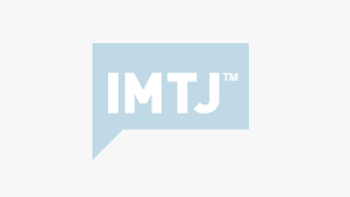While Kazakhs still travel abroad for medical care to India, Malaysia, South Korea, Israel and others, the country is attracting more medical tourists.
While Kazakhs still travel abroad for medical care to India, Malaysia, South Korea, Israel and others, the country is attracting more medical tourists.
The improvement in local medical care with advances in bariatric, cardiac and neurosurgery, as well as laser eye surgery and transplant surgery looks to keep more locals at home and bring in medical tourists.
The Ministry of Health says that patients from a significantly increased number of countries are being treated in Kazakhstan. The most popular services are microsurgical removal of spinal herniated discs, in-vitro fertilisation, heart valve surgery and treatment for uterine fibroids.
National Medical Holding is a state owned health system in the capital city Astana. It included several hospitals under centralized management, and is part of Nazarbayev University. The main purpose is to create a globally competitive hospital of the future to provide citizens of Kazakhstan and foreigners with a wide range of health services using the best medical technologies, up-to-date hospital management, and international quality and security standards. The hospital provides outpatient diagnostic services, obstetrics and gynaecology services, neonatal care, treatment of medical diseases, neurological and cardiac surgery, and rehabilitation services.
NMH has seen an increase in patients from the USA, Japan and Italy, whereas foreign patients previously only came from Russia and Kyrgyzstan.
832 foreign nationals were treated in National Medical Holding clinics in 2013. The number includes foreigners working in Kazakhstan, so it is unclear how many actually travelled to Kazakhstan for care and how many simply chose to receive care in Kazakhstan rather than leave.
Most foreign patients, 260, came from the UK. The USA followed with 111, Kyrgyzstan with 51, Turkey with 50, Russia with 44, and others from Bulgaria, Sri Lanka, the Philippines and 23 other countries.
Bone marrow transplants, at $51,000 in Kazakhstan, cost half as much as they do in Russia, and kidney transplants at $16,000 cost less than half that in Kazakhstan’s northern neighbour Russia. Liver transplants at $20,000 are much cheaper in Kazakhstan than they are in Turkey.
Health and wellness travel are also on the increase. Kazakhstan’s new official tourism website, kazakhstan.travel, promotes traditional cures including kumyss therapy, mineral and other water treatments and traditional medicine treatments including deer antler therapy. Pantotherapy – the therapeutic use of deer-antler velvet and extract – is being developed as part of a tourism destination project in Northern Kazakhstan’s Aiyrtau region. A new medical centre there, uses velvet harvested from the maral, a type of large deer native to Kazakhstan. The deer are farmed in the areas and the species is generally widespread. The antlers have been used in traditional eastern medicine for thousands of years. The antlers are used to treat a variety of conditions, including sexual dysfunction, the effects of menopause, plus liver and kidney problems. The new medical centre anchors a tourism cluster in Northern Kazakhstan, part of the country’s efforts to develop pockets of tourism destinations in the regions.








 ©2024 All rights reserved LaingBuisson
©2024 All rights reserved LaingBuisson 


